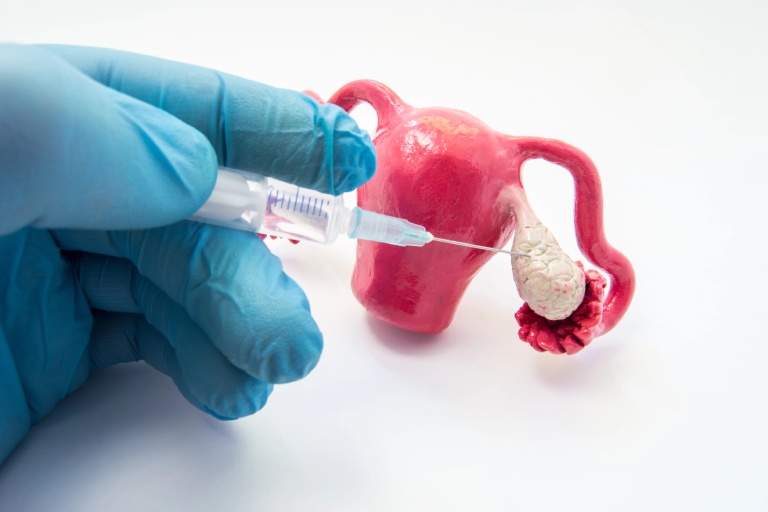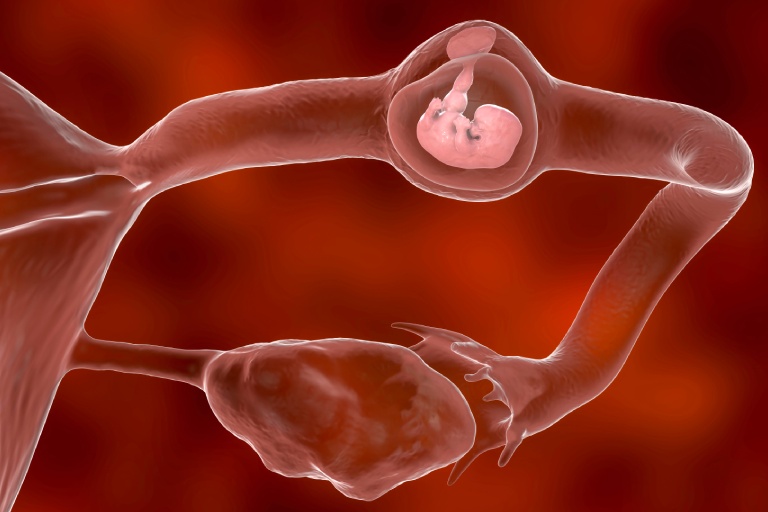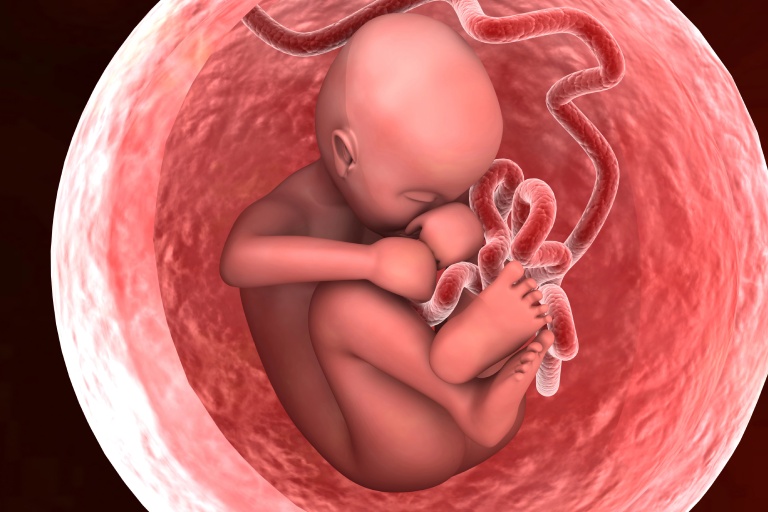
For aspiring parents, understanding the complexities of an immature egg cell can be crucial in navigating fertility challenges. Eggs play a fundamental role in conception, but their quality and maturity significantly impact the success of natural pregnancy and assisted reproductive technologies.
Many individuals struggling with infertility discover that immature eggs in females can affect their chances of conceiving. By learning more about this topic, hopeful parents can make informed decisions regarding their fertility journey.
Understanding Immature Eggs
An immature egg is an oocyte that has not yet reached the final stage of development required for fertilization. The maturation process occurs in the ovaries, where follicles stimulate growth under hormonal influence.
When an egg matures, it reaches the metaphase II (MII) stage, making it ready for fertilization by sperm. However, if the egg remains in the germinal vesicle (GV) or metaphase I (MI) stage, it is considered immature and generally incapable of successful fertilization.
Immature eggs in females occur naturally during the ovulation cycle, but only 1-3 of the eggs released each month reach full maturity. The presence of immature eggs may reduce the chances of conception, particularly in cases where the body does not produce enough mature eggs.
Causes of Immature Eggs in Females
Several factors contribute to the presence of immature eggs, including:
Age-Related Factors
As women age, their ovarian reserve declines, and the quality of their eggs diminishes. This decline affects hormone levels and the body’s ability to produce mature eggs, often resulting in an increased number of immature eggs.
Hormonal Imbalances
Follicle-stimulating hormone (FSH) and luteinizing hormone (LH) are essential for the maturation of eggs. Suboptimal levels of these hormones can disrupt the growth and development of eggs, resulting in immaturity and decreased fertility rates.
Polycystic Ovary Syndrome (PCOS)
PCOS is a hormonal disorder that causes irregular ovulation, resulting in an increased number of underdeveloped or immature eggs. This condition can also lead to insulin resistance, which may further affect ovarian function and egg maturation.
Poor Ovarian Response
Some women undergoing fertility treatments may experience poor ovarian response, meaning their ovaries do not react effectively to hormonal stimulation. This can lead to a reduced number of retrieved eggs or an increased proportion of immature eggs, impacting IVF success rates.
Lifestyle and Environmental Factors
External influences such as stress, diet, and exposure to environmental toxins can negatively affect ovarian function and egg quality. Smoking, excessive alcohol consumption, and a diet lacking in essential nutrients can contribute to egg immaturity and overall reproductive health challenges.
Genetic and Autoimmune Conditions
Some women may have underlying genetic conditions or autoimmune disorders that interfere with egg maturation. These conditions can affect the body’s ability to regulate reproductive hormones, leading to difficulties in producing mature eggs.
How Immature Eggs Affect Fertility Treatments
When undergoing fertility treatments such as in-vitro fertilization (IVF), egg maturity is a key determinant of success. If an IVF cycle retrieves a high number of immature eggs, the chances of successful fertilization drop significantly.
While some fertility clinics attempt to mature these eggs in the lab through in-vitro maturation (IVM), the success rates for such procedures remain lower than those using naturally matured eggs.
Egg retrieval is a critical step in IVF, where doctors aim to collect as many mature eggs as possible. If the majority of the eggs retrieved are immature, the overall cycle may not yield viable embryos. This is why fertility specialists closely monitor hormonal levels and adjust stimulation protocols to improve the chances of retrieving mature eggs.
Ways to Improve Egg Maturity
For aspiring parents facing challenges with immature eggs, several strategies can help improve egg maturity:
Medical Treatments and Hormone Therapy
Medications like gonadotropins and Clomid are commonly prescribed to stimulate the ovaries and promote the development of mature eggs. Doctors may also recommend human chorionic gonadotropin (hCG) to trigger ovulation at the optimal time for egg retrieval or natural conception.
Lifestyle Modifications
A well-balanced diet that includes protein-rich foods, healthy fats, and fiber can provide essential nutrients for ovarian health. Antioxidant-rich foods, such as berries, leafy greens, and nuts, help reduce oxidative stress that can damage eggs.
Avoiding excessive caffeine, alcohol, and processed foods can improve reproductive health. Engaging in regular, moderate exercise like yoga or walking improves blood flow to the ovaries and regulates hormone levels, while stress management techniques such as meditation and acupuncture can enhance fertility.
Fertility-Boosting Supplements
Certain vitamins and minerals support egg quality and maturation. Coenzyme Q10 (CoQ10) is known to improve mitochondrial function in eggs, enhancing their development.
Dehydroepiandrosterone (DHEA) is often recommended for women with diminished ovarian reserve, as it can increase the number of retrieved mature eggs during fertility treatments. Folic acid, vitamin D, and omega-3 fatty acids also contribute to egg health and overall reproductive function.
Ovarian PRP Therapy
Emerging treatments such as Platelet-Rich Plasma (PRP) therapy are being explored for ovarian rejuvenation. This procedure involves injecting a patient’s own platelet-rich plasma into the ovaries to stimulate follicular development and potentially enhance egg quality in women with poor ovarian function.
Options for Aspiring Parents Dealing with Immature Eggs
For those who continue to experience difficulty with egg maturation, alternative reproductive options may be considered:
- Egg Donation – Using donor eggs from a healthy, pre-screened individual can significantly increase the chances of a successful pregnancy.
- Gestational Carrier – In cases where carrying a pregnancy is challenging, a gestational carrier can help intended parents achieve their dream of having a child.
- Assisted Fertility Techniques – Advanced procedures such as IVM, embryo freezing, and preimplantation genetic testing (PGT) offer additional pathways to parenthood.
Ensuring the Best Path to Parenthood
Understanding the role of immature eggs in fertility is essential for making informed decisions on the path to parenthood. By addressing the factors that influence egg maturity and exploring alternative options, aspiring parents can take proactive steps toward achieving a successful pregnancy.
At Carrying Dreams, we specialize in helping intended parents build families through surrogacy and egg donation. As a full-service agency based in the US, we provide expert consulting, matching, and facilitation services for parents across the globe. Whether you are considering a gestational carrier or an egg donor, we are here to support your journey every step of the way.



